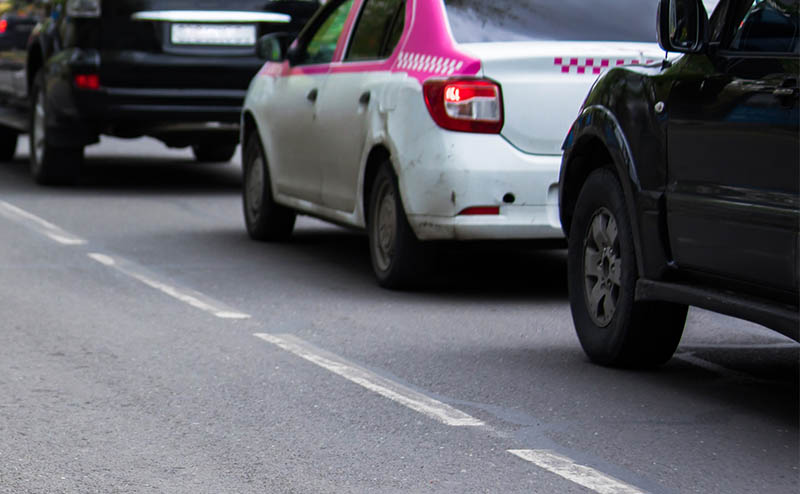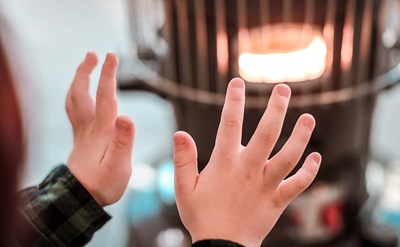To help make the best of your trip, emergency physicians have some tips to ensure your road trip is safe and that you and your family can avoid a potential visit to the ER.
Pack an Emergency Kit
When traveling across country, it is always a great idea to have medicine, food, and other items handy in the event of a medical emergency or natural disaster. Here are a few items to include:
- Water and snacks
- Warm blankets
- A flashlight
- Jumper cables
- Flares
- Tools to change a tire
- Extra cell phone chargers
- A first-aid kit
- Health insurance information and the number for your primary care physician
- Make a list of emergency departments along your route in case you have an emergency and don’t have access to the internet.
To determine the best items for your kit and plan for any natural disasters you may encounter, check out our Family Disaster Preparedness resource book.
Consider pre-existing medical conditions and necessary medications
When packing for your trip it is prudent to consider any pre-existing medical conditions of each person and ensure you have enough of the proper medication on hand. Be sure to pack any necessary medications such as EpiPens, inhalers, or medications to control chronic conditions. For tips on how to accommodate the needs of loved ones who may experience a severe allergic reaction read our article on anaphylaxis to understand the signs and symptoms of anaphylactic shock, and to know when it’s time to go to an emergency department.
It is also wise to consider the needs of elderly loved ones who may be present. Since many seniors have specific medical needs, it is always important to plan ahead and remain vigilant of their needs. ACEP offers these travel tips for individuals over 65.
If you or someone in your groups starts to feel sick, it’s important to recognize the symptoms and know when to go to the emergency department.
Be Aware of Weather Conditions
Whether traveling to warmer destinations or colder destinations, make sure to bring appropriate related items to stay safe. Consider packing a small shovel if there's the potential for snowy conditions.
Get Adequate Rest
During a long road trip being well rested helps the driver of your vehicle stay alert to their own actions, as well as the actions of other drivers sharing the road. According to the National Highway Traffic Safety Administration, in 2022 drowsy driving was responsible for 693 deaths. To help minimize your risk of driving while tired, take regular breaks and if possible, share the driving schedule with at least one other person for trips longer than five hours. Here are a few ways to recognize drowsy driving if you or someone is at the wheel:
- Yawning or blinking frequently.
- Difficulty remembering the past few miles driven.
- Missing your exit.
- Drifting from your lane.
- Hitting a rumble strip on the side of the road.
 American College of Emergency Physicians
American College of Emergency Physicians







